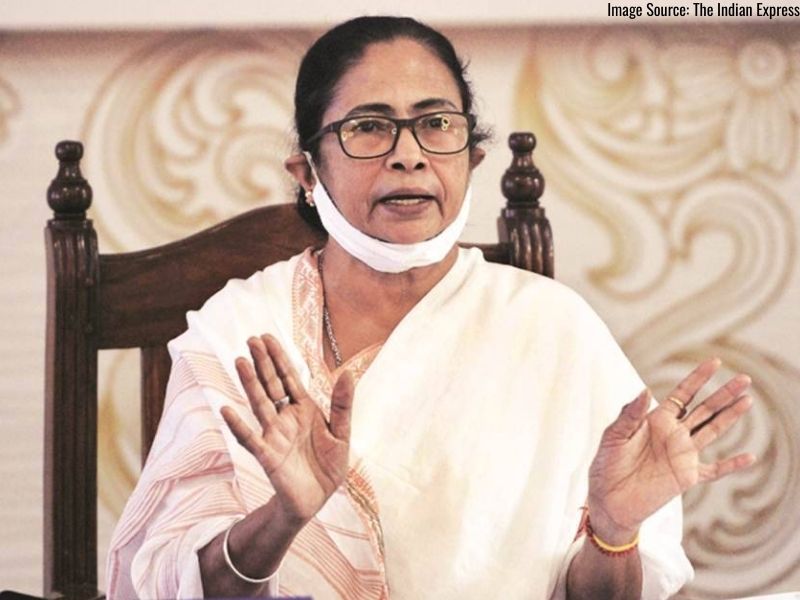Baishali Mukherjee (Kolkata)
The election Commission of India has announced that West Bengal’s legislative assembly election will be conducted in eight phases between March 27 and April 29. Therefore acrimony between the ruling Trinamool Congress (TMC) and the BJP, which has replaced the CPM (Communist Party of India-Marxist) that ruled the state uninterruptedly for 34 years (1977-2011) as the main opposition party in the state (pop.91 million), has become more fierce.
Seeking a mandate for a consecutive third term while presenting the state government’s budget on February 5, West Bengal chief minister Mamata Banerjee announced a slew of initiatives in the education sector.
Among them: Juvashakti, under which 10,000 students will be inducted as interns in government departments every three years; establishment of training centres for 100 IAS and IPS aspirants, promoting 100 new Nepali, Urdu, Kamtapuri and Kurmali medium schools; Rs.50 crore allotted for 500 new Alchiki or Santhali language schools and recruitment of 1,500 para-teachers for them, and Rs.50 crore for 100 new English medium schools for the SC/ST and economically weaker sections. In sharp contrast to the BJP-led government at the Centre slashing the 2021-22 budget for education by 6.13 percent to Rs.93,224 crore (cf. Rs.99,300 crore budgeted for 2020-21), the state government’s education budget for next year is 12.3 percent higher at Rs.37,059 crore.
Moreover, with the full backing of the TMC government, the state government-funded Jadavpur University (estb.1905) has unitedly and unequivocally defied two notifications issued by the Delhi-based University Grants Commission, a subsidiary of the Union education ministry.
The first notification issued on January 15 (since rescinded) required all universities and higher education institutions to obtain permission of the Union external affairs ministry prior to any faculty participating in online conferences, seminars and/or training programmes. The second UGC notification of February 16 rejected by JU, pertained to encouraging the university’s students to write a ‘cow science’ test to be conducted nationally by the Rashtriya Kamadhenu Aayog, a subsidiary of the Union ministry of fisheries and animal husbandry.
With reference to the January 15 notification, speaking on behalf of JU, Partha Pratim Biswas, professor of construction engineering, commented: “Campuses must allow free thinking and exchange of views worldwide. If debate and discussion is impeded, it can create barriers to the progress of research and innovation. The conditional approach does not work in academics.”
Similarly, a statement issued by the ‘Jadavpur Fraternity’ condemned the UGC directive to encourage the study of cow science. “The Jadavpur Fraternity would appeal to other colleges and UGC to rethink the unscientific direction this examination will give to the education system of the country. University research should be conducted in scientific disciplines well-funded by the government, without any scope for diversion aimed at undermining science.”
The TMC government’s pro-education budget presented on February 5 at a time when over 200 million children in India have lost a full year of formal schooling due to the pandemic, and teachers have faced heavy job losses and are suffering extreme stress in training themselves on new technology platforms, has won TMC and chief minister Mamata Banerjee the admiration of the state’s influential bhadralok (refined middle class) on the eve of West Bengal’s most fiercely contested legislative assembly election.
As a result, political commentators who had earlier written off Banerjee’s chances of winning a third consecutive term in office are veering around to the view that with her liberal pro-secular education agenda and recently provided freebies, Banerjee may prove her critics wrong again.
Also Read:West Bengal exceptionalism
